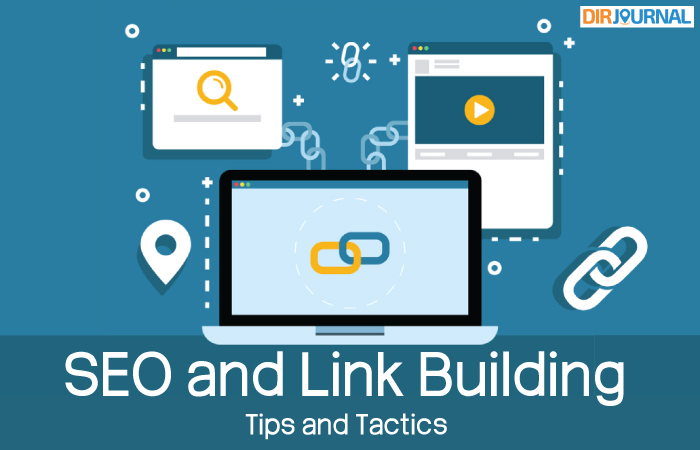Search engine optimization, or SEO, is the process by which webmasters and online business owners get their websites to rank highly in SERPs (search engine results pages) for keyword phrases that are both heavily searched for and related to their industry or niche. Two of the biggest types of SEO work are keyword optimization and link-building (increasing the number of incoming links to a website or specific page).
Here are a few SEO tips to keep in mind when thinking about keyword optimization for a new website or online business:
1. Use keyword suggestion tools to research keyword phrases related to the website’s or online business’ industry or niche topic.
2. Don’t focus exclusively on very general (often one-word) keywords or keyword phrases that would be very difficult to earn a high search engine placement for. At the same time, don’t focus on keyword phrases that no one is searching for. It’s sometimes better to be a “big fish in a smaller pond” than a “little fish in big pond” where you can’t likely rise to the top.
3. Include keyword phrases throughout a page, with particular emphasis on titles, highlighted subheadings, and early in any text areas.
Building incoming links to a website or online business is also an important part of SEO and improving search engine rankings. This is because search engines look at incoming links almost like a “vote” where another website is saying the site, or some page within the site, is of high enough quality to recommend to its visitors. Obviously, link-building can be manipulated in many ways that don’t equate to “votes” (such as by purchasing banner ads or text links on another website). For this reason, some incoming links are considered more valuable than others. Here are a few link-building tips to keep in mind, to build higher quality incoming links:
1. Try to achieve incoming links that are one-way, rather than reciprocal (a one-way link looks more like an honest “vote” than a trade does).
2. Build incoming links from relevant websites (of a similar topic or niche), rather than from generic link farms.
3. Get incoming links from “authority websites” (high quality and popular websites) whenever possible.
4. Look for one-page content-based text links if purchasing links, rather than site-wide banner advertisements (makes the link seem more natural).
5. To get a specific article or internal Web page to rank well in SERPs, build links to that page rather than only the site’s homepage.
